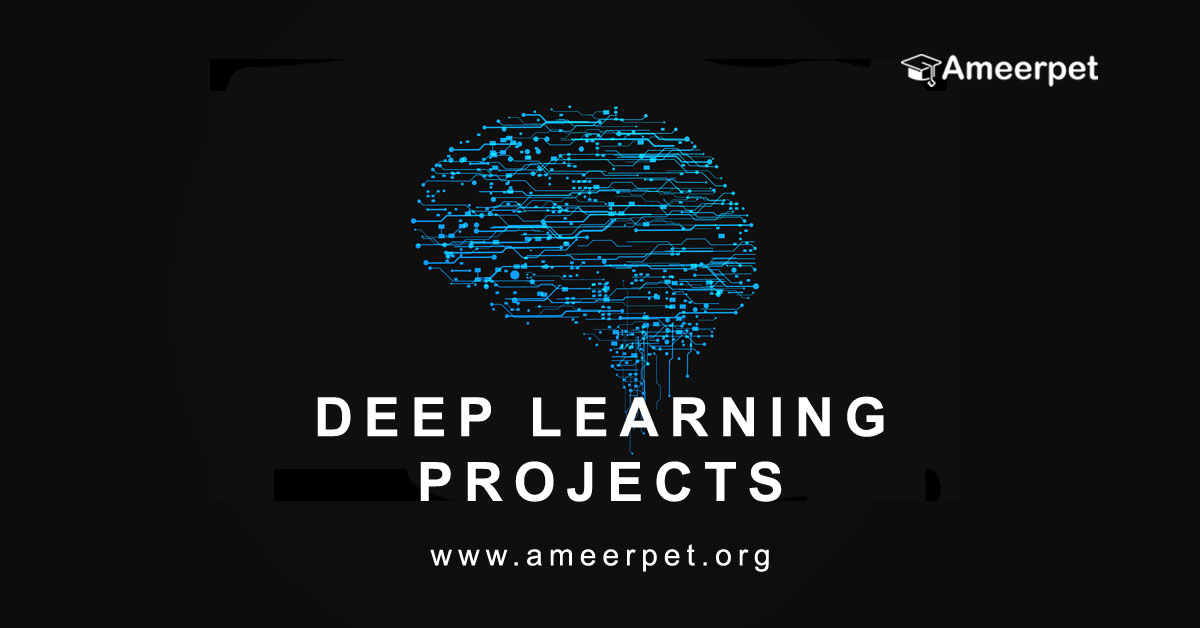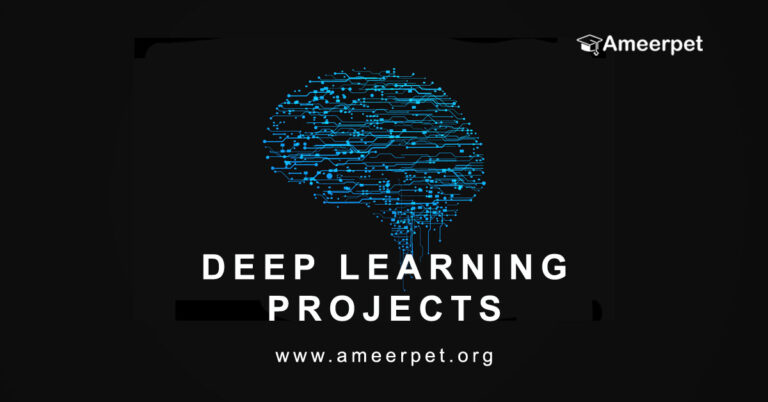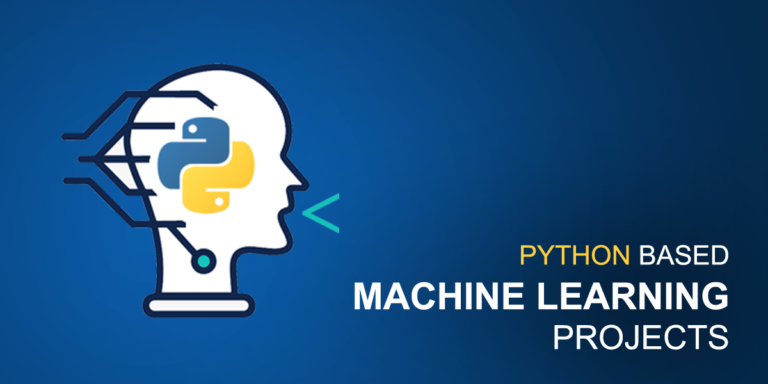
Abstract:
Heart failure is difficult to predict. Deep learning models on rich electronic health records may improve prediction but are unexplainable, limiting their use in medicine. A deep-learning framework for accurate and explainable 6-month incident heart failure (HF) prediction was our goal. We used a novel Transformer-based risk model to contextualize community and hospital diagnoses and medications within each patient’s age and calendar year for their clinical encounter. Ablation analysis was used to compare model performance when removing features and temporal representation variability. For feature contribution analyses, post-hoc perturbation propagated input changes to outcomes. Our model outperformed deep learning models on internal 5-fold cross validation with 0.93 receiver operator curve and 0.69 precision-recall curve. Ablation analysis showed that medication and calendar year predict HF risk better than chronological age, which temporal variability analysis confirmed. Contribution analyses found HF risk factors. Many were consistent with clinical and epidemiological research, but several were new associations not considered in expert-driven risk prediction models. Finally, our deep learning model’s high predictive performance can aid data-driven risk factor identification.
Note: Please discuss with our team before submitting this abstract to the college. This Abstract or Synopsis varies based on student project requirements.
Did you like this final year project?
To download this project Code with thesis report and project training... Click Here


